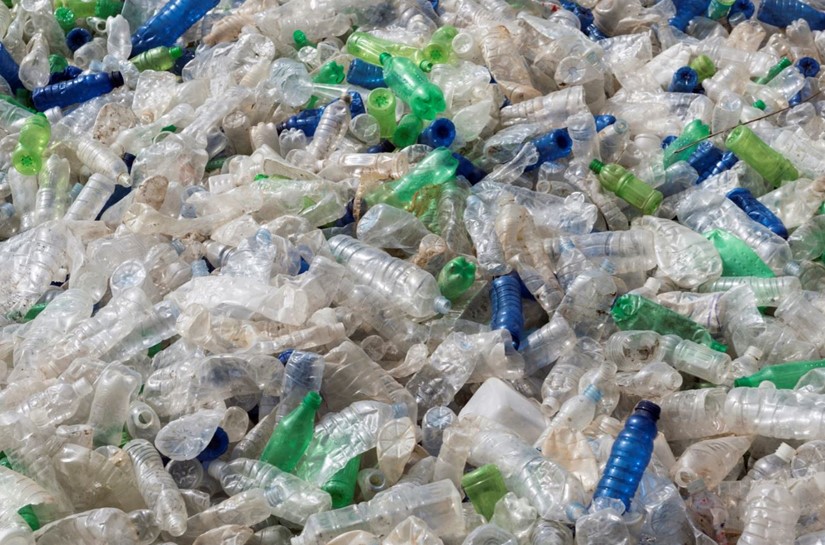Plastic is now very much in the public gaze. We see photos of plastic waste in the oceans, piled up in foreign landfills, or discarded on the street. While measures have been introduced to reduce the amount and increase the recyclability of plastic, it will continue to play a large role in our society for at least the foreseeable future.
The main problem isn’t necessarily with plastic itself, but with the collection and management systems for discarded plastics. What we should be doing is finding ways to get the most value from plastic waste to ensure it doesn’t end up in the environment.
This is why we joined RECOUP. It shares our values of making the most efficient use of plastic waste. Like us, this organisation believes in finding ways to avoid sending plastic to landfill when it still has a purpose. The plastic value chain is much longer than we realise. Rather than creation, use and landfill, plastic should be repurposed, recycled, or converted into fuels before landfill becomes an option.
We are more than aware how important plastic has been in PPE in the Covid pandemic. Plastic PPE has always been essential for medical staff, but its use has increased recently. Disposable masks containing plastic have become part of our everyday lives. It’s clear we can’t demonise a material that is helping to save lives.
At Peel NRE’s Protos, we are creating the UK’s first Plastic Park, a single place where businesses can get the most value from plastic whether through mechanical recycling, chemical recycling, or even converting it to hydrogen. This infrastructure will increase recycling and recovery of plastics moving towards a circular economy, while reducing landfill and export. Most local authorities only collect the plastic materials that have commercial markets, but the Plastic Park aims to give authorities the confidence to collect a wider range of plastics knowing they can be recycled or recovered through this infrastructure.
The Plastic Park will cluster together different plastic recycling and recovery technologies. Primary separation will take place in a material recycling facility (MRF), with further separation and processing in the plastic recycling facilities (PRF). The products of these processes will include separated and cleaned plastics for export to reprocessors, or to manufacturers to incorporate into recycled plastic products. Anything that is not suitable for recycling would be processed into feedstock that could go into chemical recycling or the waste plastic to hydrogen facility. This 30-acre park could see over £165m invested at Protos.
One location won’t be enough, though. Our vision involves the replication of Plastic Parks throughout the country. Everyone will need to do their part to deal with the 4.9 million tonnes of plastic waste generated in the UK each year.
RECOUP aims to create the right balance of legislative drivers and positive long-term business conditions that will allow a circular economy to be established. This includes research into how to remove the barriers to plastic recycling schemes, stimulating sustainable plastic resource management and promoting the use of recycling plastic in end products. Activities like these will help to prevent plastic ending up in the environment. At Protos, we are proud to be supporting this aim.
